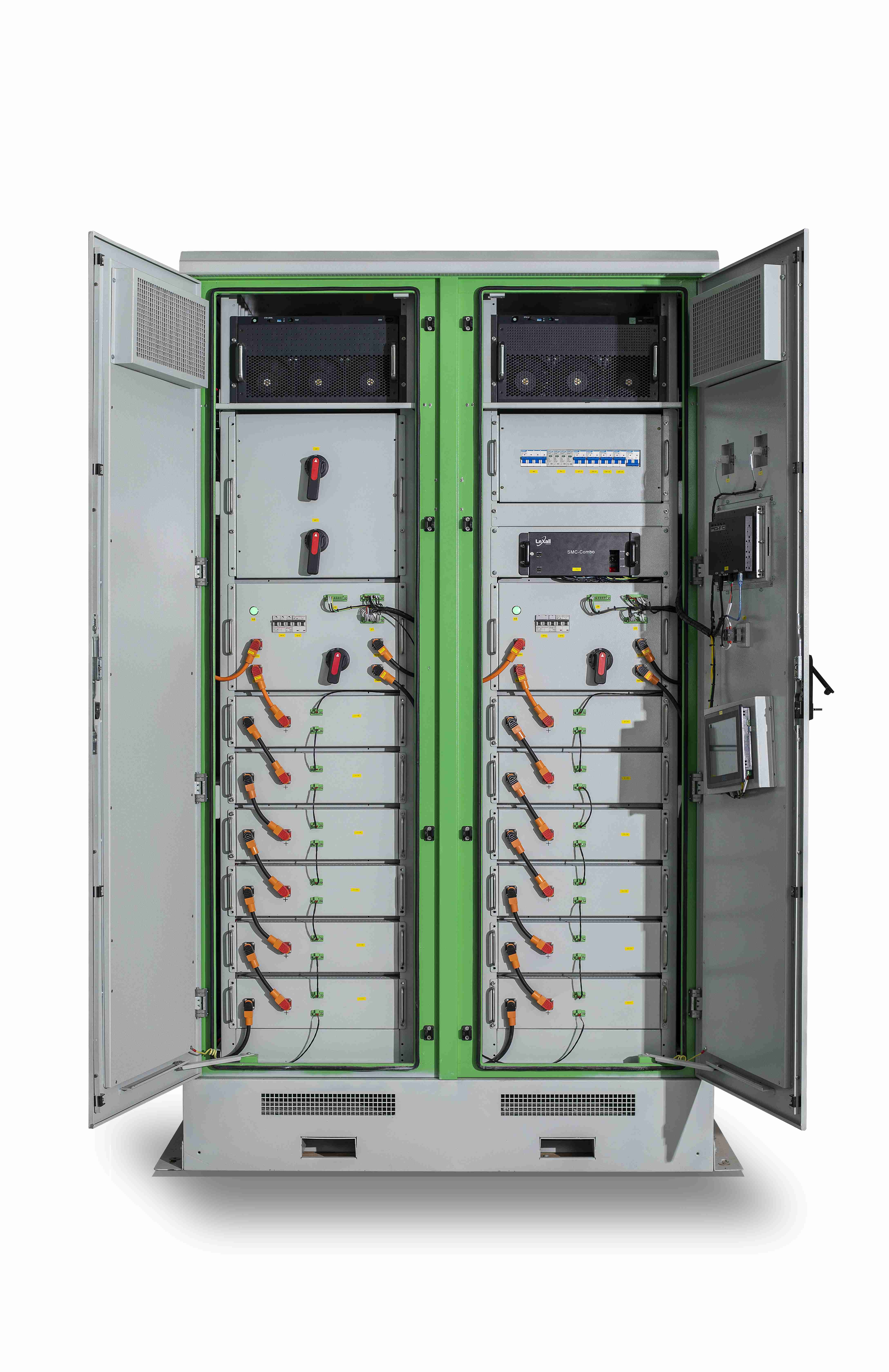
Dec . 28, 2024 17:04 Back to list
Exploring Various Products Featuring Different Battery Capacity Options
Understanding Battery Capacity Products The Key to Efficient Energy Solutions
As technology continues to evolve, the need for efficient and reliable power sources has become increasingly important. One of the critical factors that consumers and manufacturers alike must consider when dealing with electronic devices is battery capacity. This article aims to explore the concept of battery capacity products, their significance, and how they impact our daily lives.
What is Battery Capacity?
Battery capacity refers to the amount of energy a battery can store and is usually measured in milliampere-hours (mAh) or ampere-hours (Ah). This specification indicates how long a battery can power a device before needing to be recharged. For instance, a battery with a capacity of 2000 mAh can supply 2000 milliampere for one hour or 1000 milliampere for two hours. Understanding battery capacity is crucial for users who want to optimize their device's performance and longevity.
The Importance of Battery Capacity Products
Battery capacity is a vital consideration in a variety of applications, from smartphones and tablets to electric vehicles and renewable energy systems. Here are several key reasons why understanding battery capacity products is essential
1. Device Performance The capacity of a battery directly influences a device’s performance. A higher capacity allows gadgets to run for longer periods, which is particularly important for smartphones, wearable devices, and laptops that depend on portable power. Users can remain productive without frequent recharging, enhancing convenience in a fast-paced world.
2. Cost-Efficiency Although high-capacity batteries may come with a higher upfront cost, they can ultimately reduce expenses over time. Devices that can operate longer on a single charge lead to less frequent battery replacements and lower energy consumption overall. For businesses, this translates into improved operational efficiency and reduced downtime.
3. Environmental Impact Greater battery capacity often means fewer batteries need to be manufactured, leading to a decrease in waste and a reduced environmental footprint. This is particularly relevant as industries strive to adopt more sustainable practices. By investing in products with higher battery capacity, consumers can contribute to a reduction in the overall demand for raw materials required for battery production.
battery capacity products

4. Range and Reliability in Electric Vehicles (EVs) In the context of electric vehicles, battery capacity plays a critical role in determining the driving range of a car. As consumers gravitate toward EVs for their eco-friendly benefits, manufacturers are focusing on advancing battery technologies to enhance capacity. A higher capacity battery can provide greater range, thereby alleviating range anxiety for drivers.
Innovations in Battery Technology
The field of battery technology is continuously advancing, with researchers and manufacturers exploring new materials and designs to enhance battery capacity and efficiency. Lithium-ion batteries have dominated the market for years, but innovations such as solid-state batteries and graphene-based technologies are on the rise. These advancements promise to deliver higher energy densities, improved safety, and faster charging times, ultimately revolutionizing the landscape of battery capacity products.
What to Consider When Choosing Battery Capacity Products
When selecting battery capacity products, consumers should consider several factors beyond just the capacity rating. These include
- Device Compatibility Ensure the battery is compatible with your device's specifications. - Cycle Life Examine how many charge-discharge cycles a battery can sustain before its capacity diminishes significantly. - Charging Speed Consider whether the battery supports fast charging to minimize downtime. - Brand Reputation Opt for reputable brands known for quality and reliability to avoid issues related to subpar performance.
Conclusion
Battery capacity products are integral to the functioning of modern electronic devices and applications, influencing performance, cost-efficiency, and sustainability. As technology continues to develop, understanding battery capacity becomes increasingly important for consumers and businesses alike. By making informed choices based on battery specifications, individuals can enhance their productivity while contributing to a more sustainable future. The pursuit of higher capacity batteries not only meets the demands of the present but also paves the way for innovations that will shape our energy landscape in the years to come.
-
Advanced AI Energy Management with GPT-4 Turbo
NewsAug.02,2025
-
AI-Powered EMS with GPT-4-Turbo | Efficiency Boost
NewsAug.01,2025
-
Optimized Storage System for GPT-4-Turbo | High Performance
NewsJul.31,2025
-
AI Energy Management System w/ GPT-4 Turbo Efficiency
NewsJul.31,2025
-
High-Performance Energy Storage System for Reliable Power Solutions
NewsJul.30,2025
-
Advanced EMS Solutions for Energy Management System & Storage Battery Companies
NewsJul.29,2025























